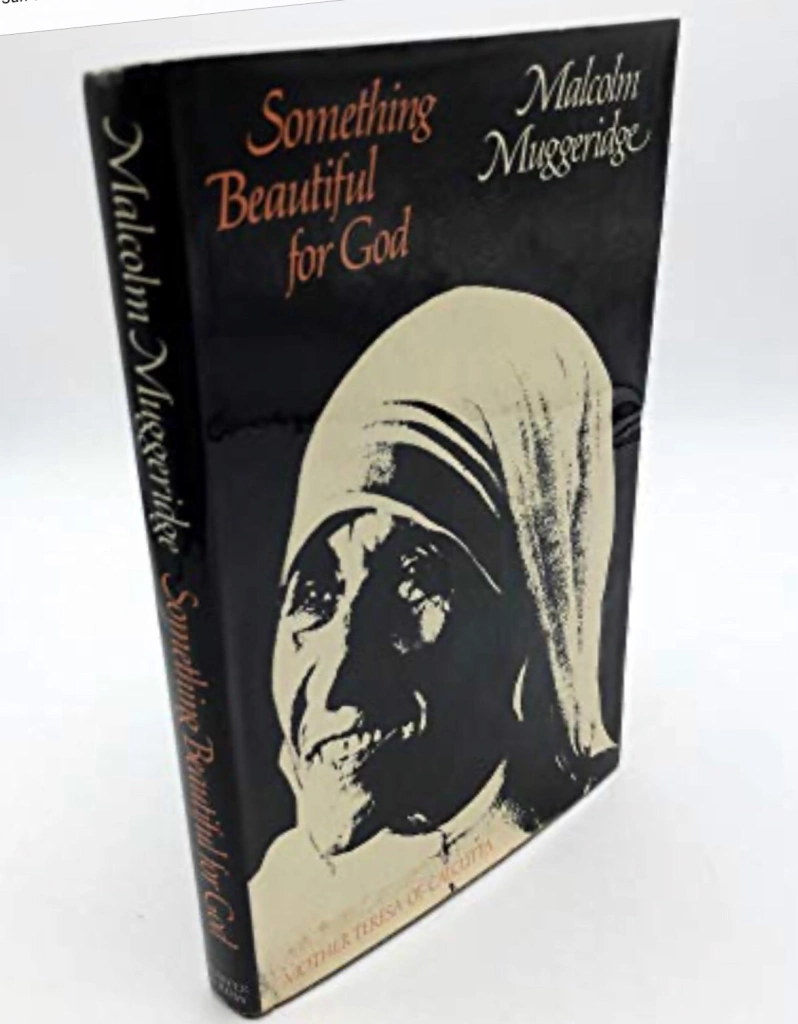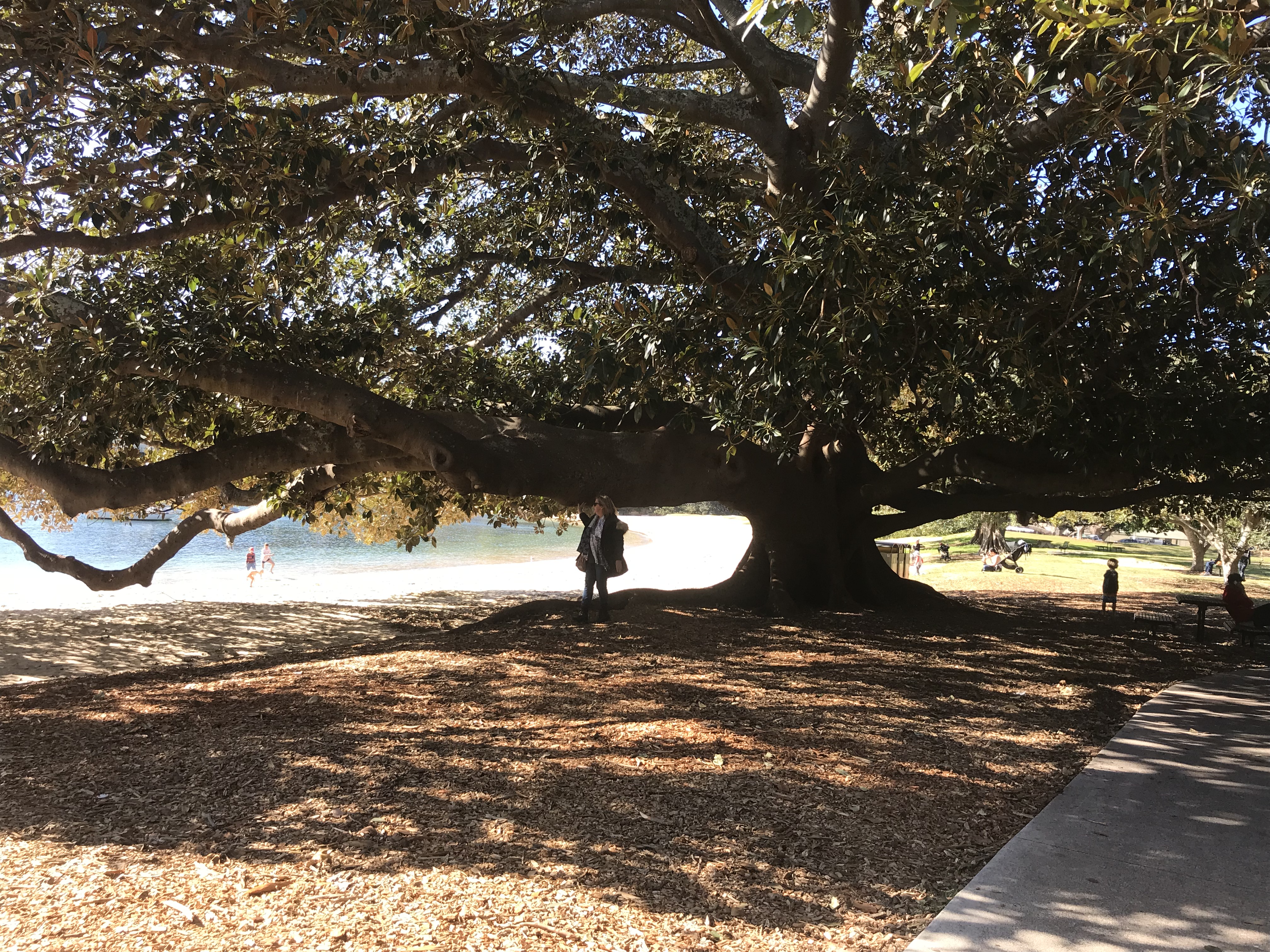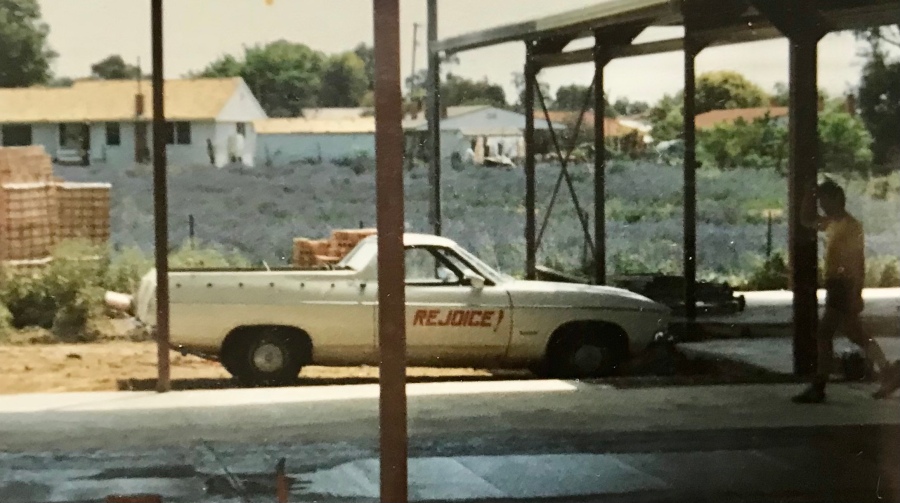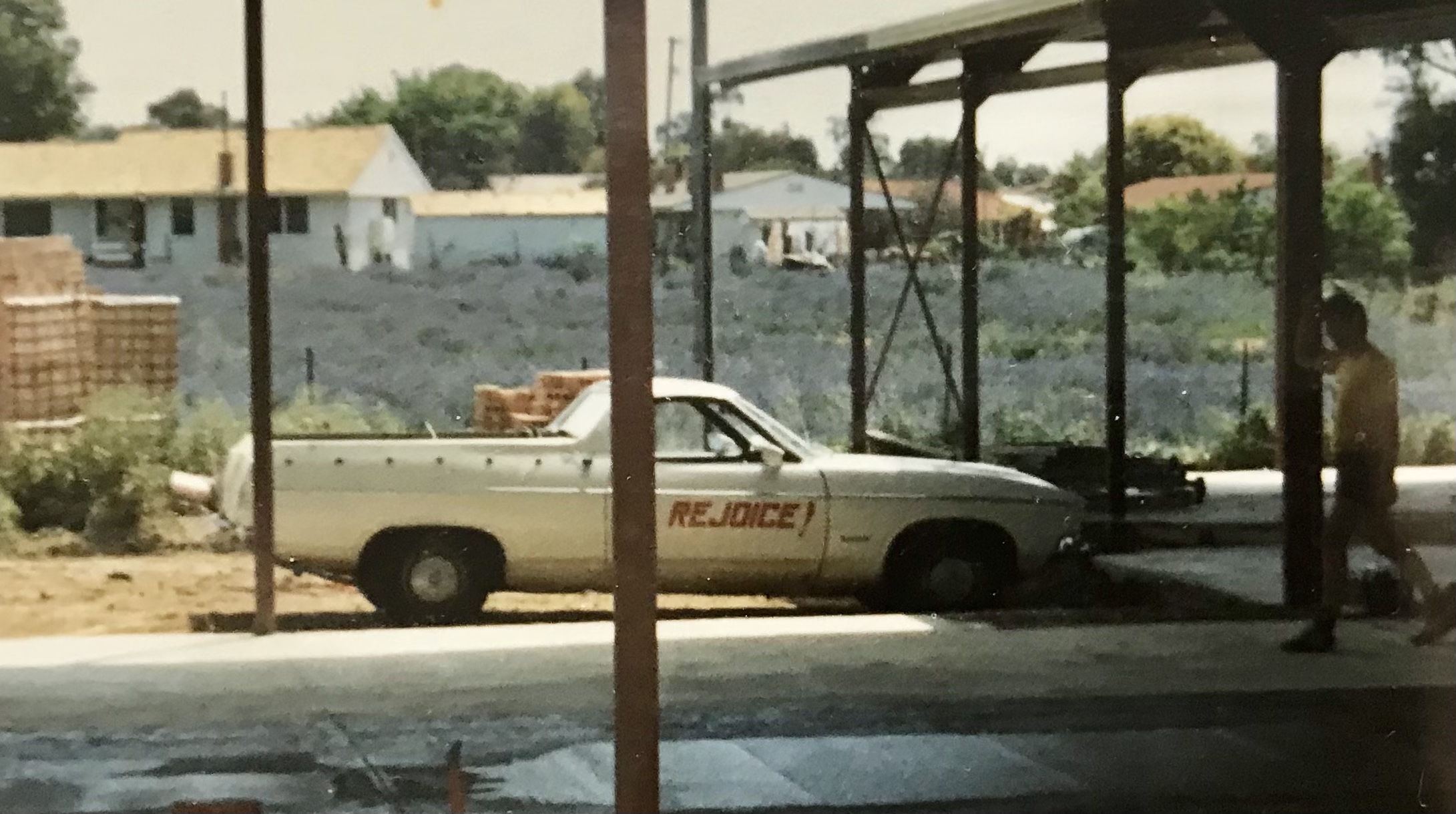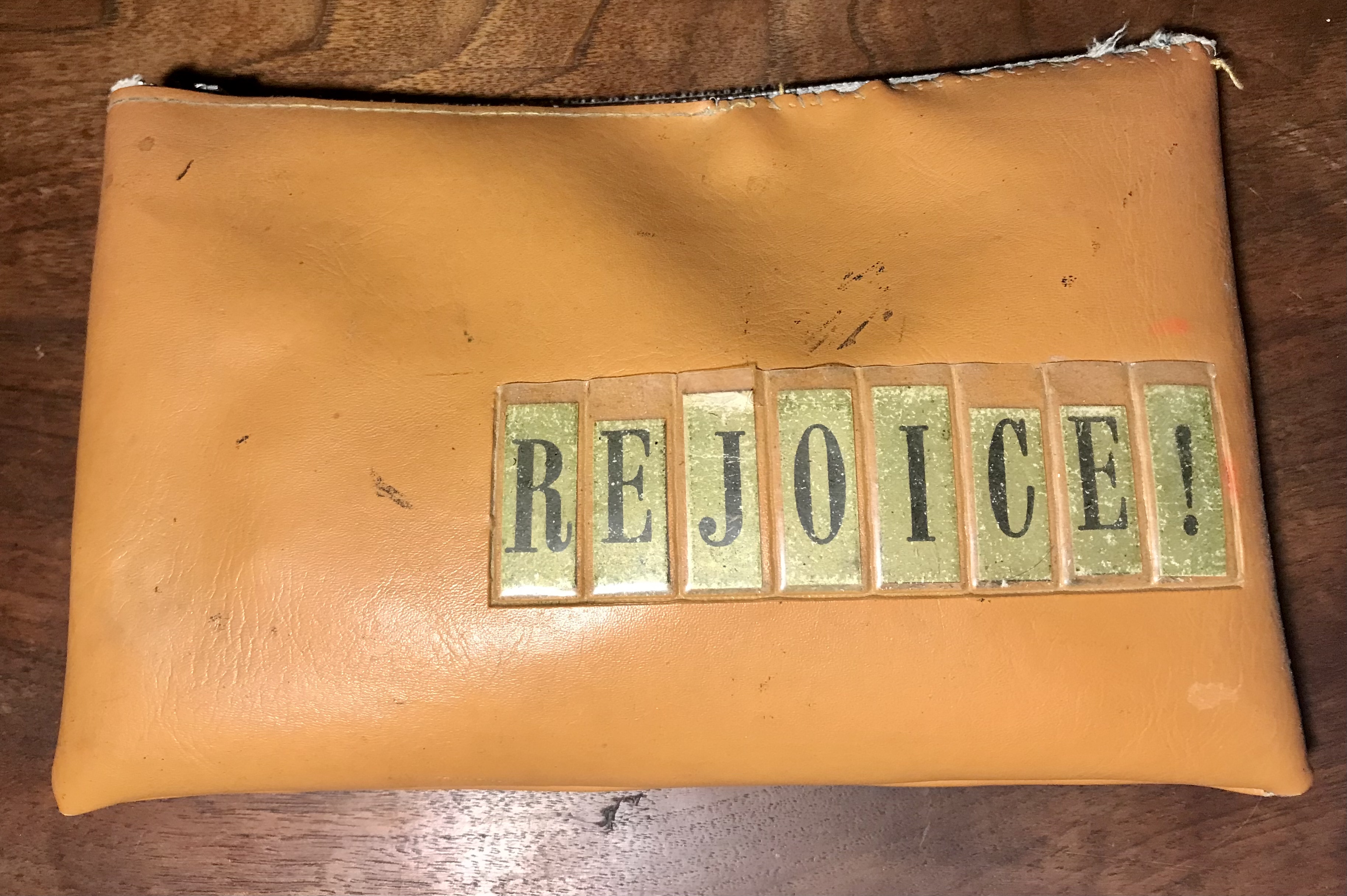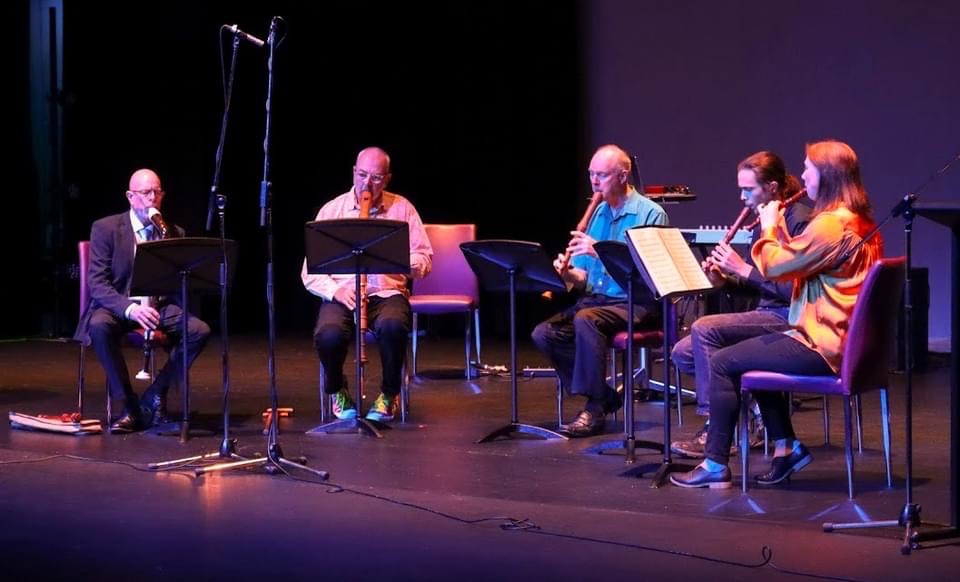Throughout my life I have had regular, transcendent moments where I feel that I am the most fortunate person in the world. Not the most fortunate person in my town, or even my country, but in all the the world; and not just at this moment, or in this generation, but more fortunate than anyone who has ever lived. This is not an overstatement, it is exactly how I have felt countless times through years stretching back to childhood. I feel it deeply, with certainty and wonder, over and over again, hundreds of times I am sure. This is not to say there haven’t also been low points in life which are common to us all; the trials and griefs that life delivers, and those mundane seasons when nothing shines. I have pondered that word, transcendent; but my experience is never manic or disorienting. It has for so long been a puzzle, why on earth should I feel this way?
I have spent a lifetime not talking about this experience; put into words it sounds super-spiritual, inflated, pretentious. I have found just one other person who shares the experience, but I have mentioned it so rarely that I’ve no idea if it’s common or plain weird. Quite why I am writing about it now on the interweb for all to see I don’t know! More to say in a moment…..
“The knowing that comes with inner stillness”, which I wrote about last week, led me in time to begin a practice of prayerful silence. My initial approach was to see how long I could think of nothing, which is not very long at all because one’s mind is perpetually keen to fill the silence. Practice is the right word though: for a long time I had little success, but patience can produce results. I also began to read about silence and found that there is a great deal written about it in the Christian tradition. This was a surprise to me, and I wondered why we talk so much about the doctrines of Christian faith, and so little about its exercise. Within my own silence I gradually discovered a strong awareness of what I can only call heart. It is as if one can inhabit the heart instead of the mind, and the heart feels to be somewhere within the actual, physical heart – if that is possible. When I find myself in this silent heart-space I often feel the unmistakable, beckoning call of God. Unmistakable not because it is familiar, but through a fundamental recognition, a simple knowing. It is not a voice I know through repetition or from past experience, it is more like an inviolable absolute: obviously and essentially God.
The Neurologist I have seen for more than ten years is retiring, and late last year I saw him for a final visit. He’s a humorous, warm man with a sharp mind (obviously!) and we have had many engaging encounters. He reminded me of the stark appointment in 2009 when he had told me that he thought I had motor neurone disease. I agreed it was a dark day, but countered that the years since had been some of my best, which seemed difficult for him to comprehend. I tried to find words to elaborate, but they were halting. The appointment was not without apprehension as there will doubtless be a new clinical foray with fresh eyes and minds searching to understand my encroaching physical boundaries, and I wonder what they will find.
As I left the appointment I passed through the automatic doors at the front of the building and wheeled into a revelation. In an instant I understood that the feeling I have lived with since childhood, the sense of being the most fortunate person in the world, was nothing more or less than the experience of God’s love. How I could have not seen this for so many years is a mystery, but when the age old puzzle suddenly resolved it was one part relief and two parts delight!
I am quite certain it is true. The old experience has not returned. Instead of good fortune I now sense expansive love, a vast provision, and I am filled with wonder and gratitude. This is what it means to Be Still and Know that I am God.
And so I must say to you, my faithful reader, Be Still.
Rejoice!

